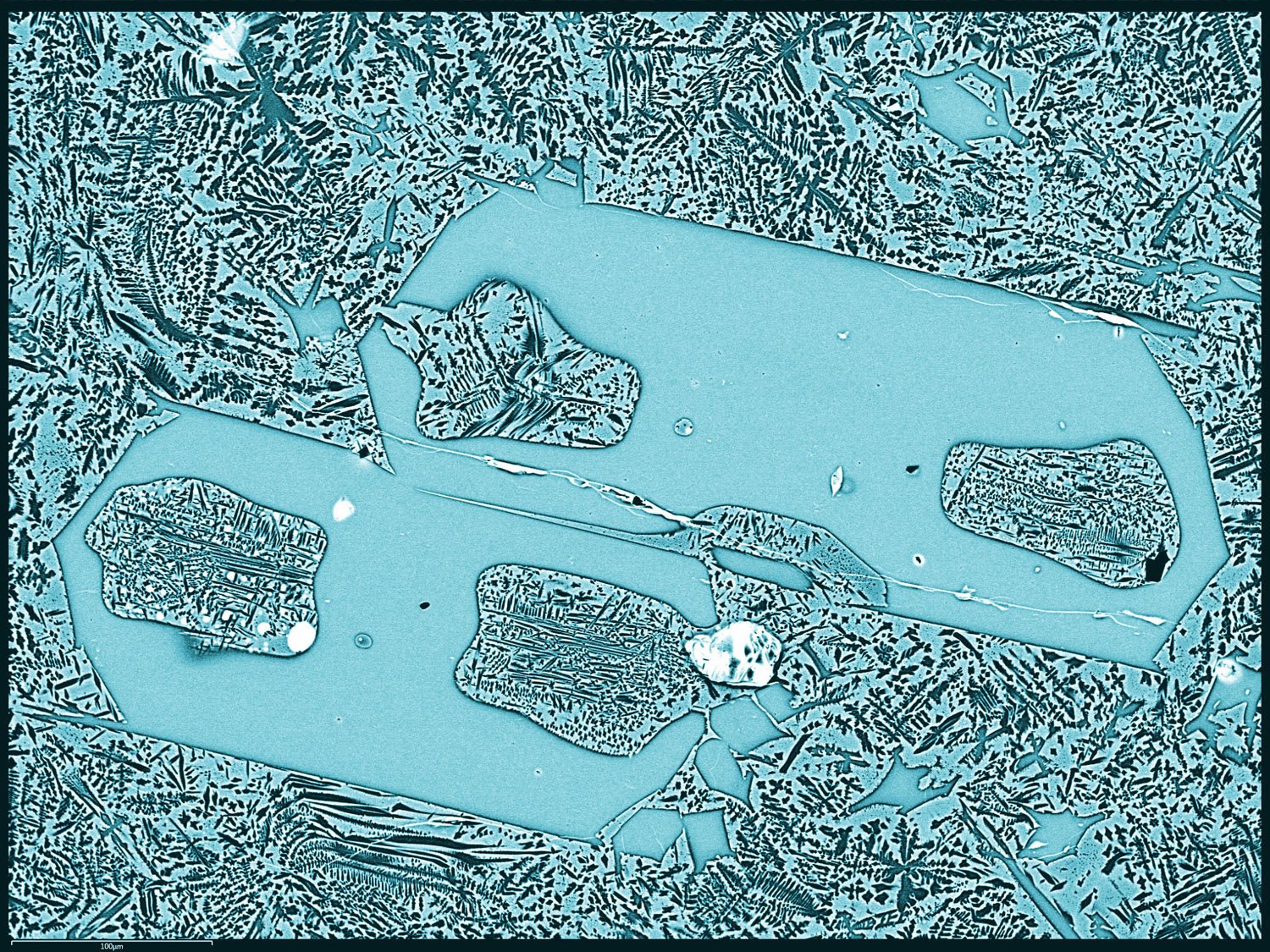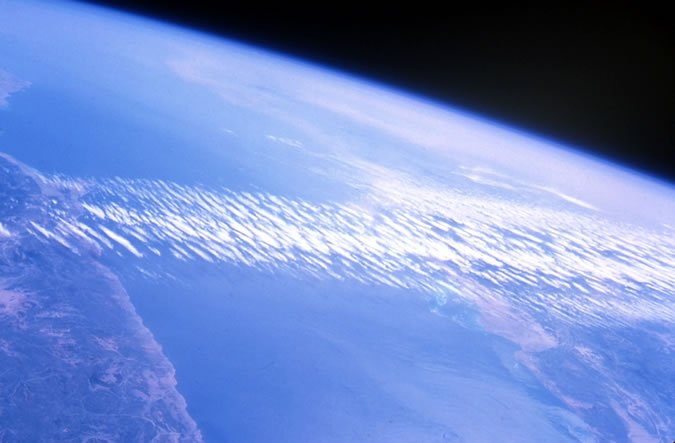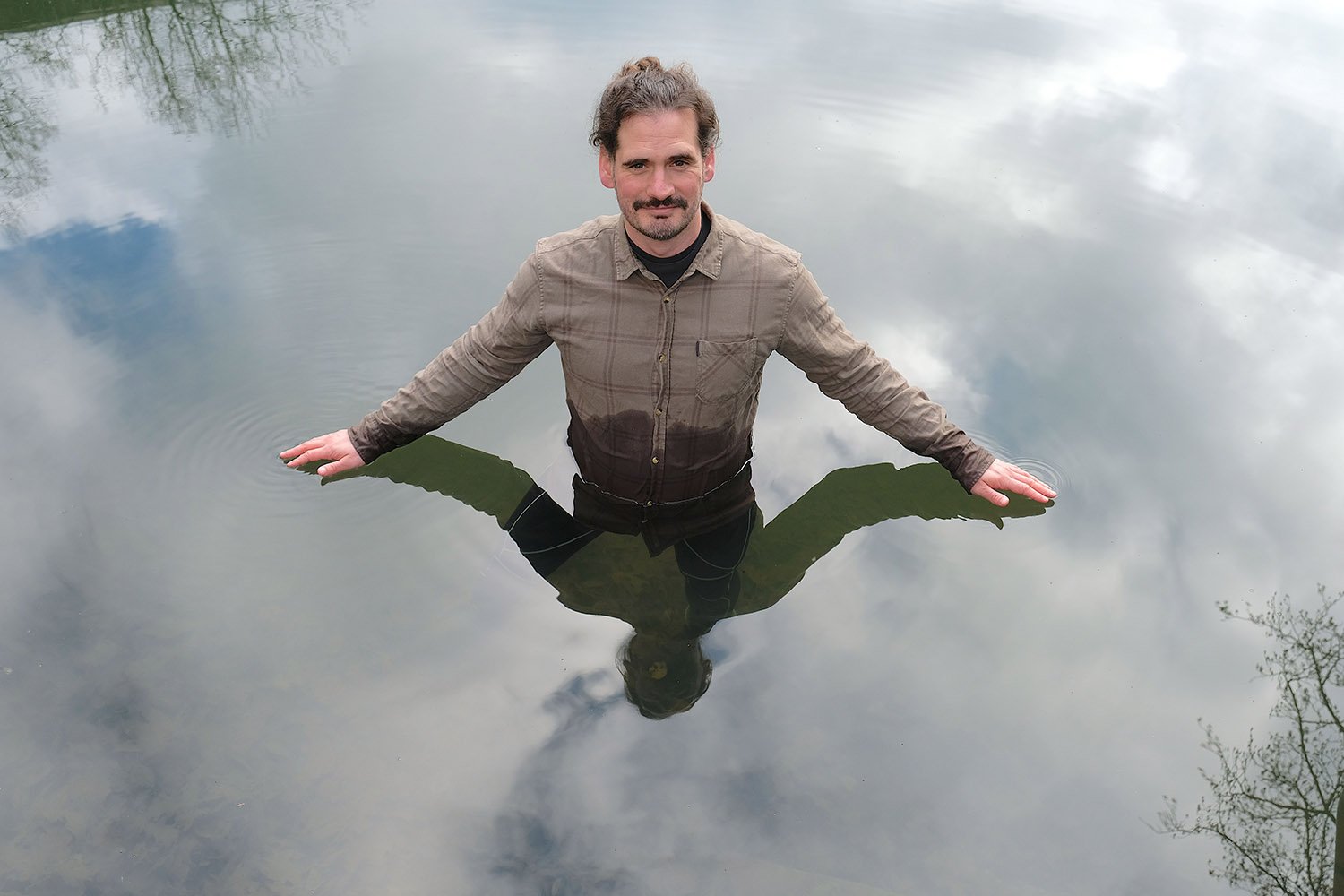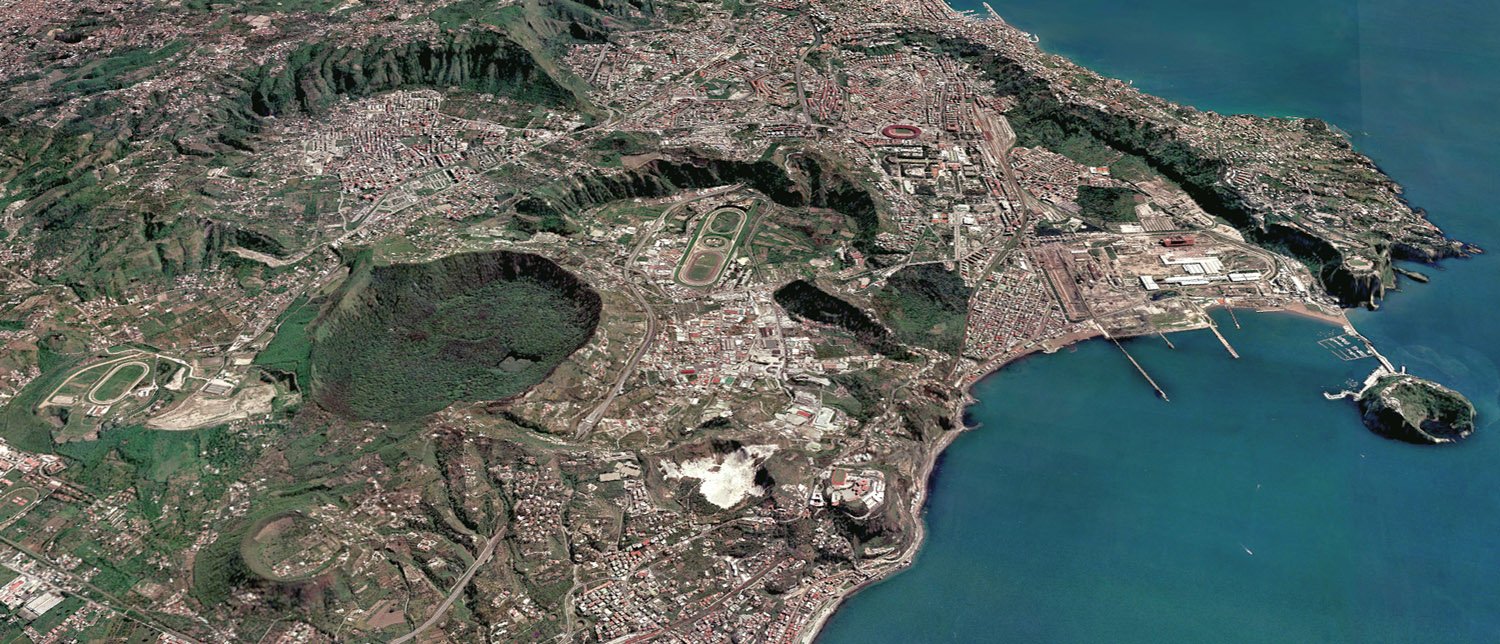Scientists reveal ocean volcanoes have deep magmatic roots
Cardiff University scientists and collaborators at the University of Bristol and Open University have revealed the true extent of the internal ‘plumbing system’ that drives volcanic activity around the world. By examining pockets of magma contained as inclusions within crystals the large chambers of molten rock which feed volcanoes have been revealed to extend up … Read more









